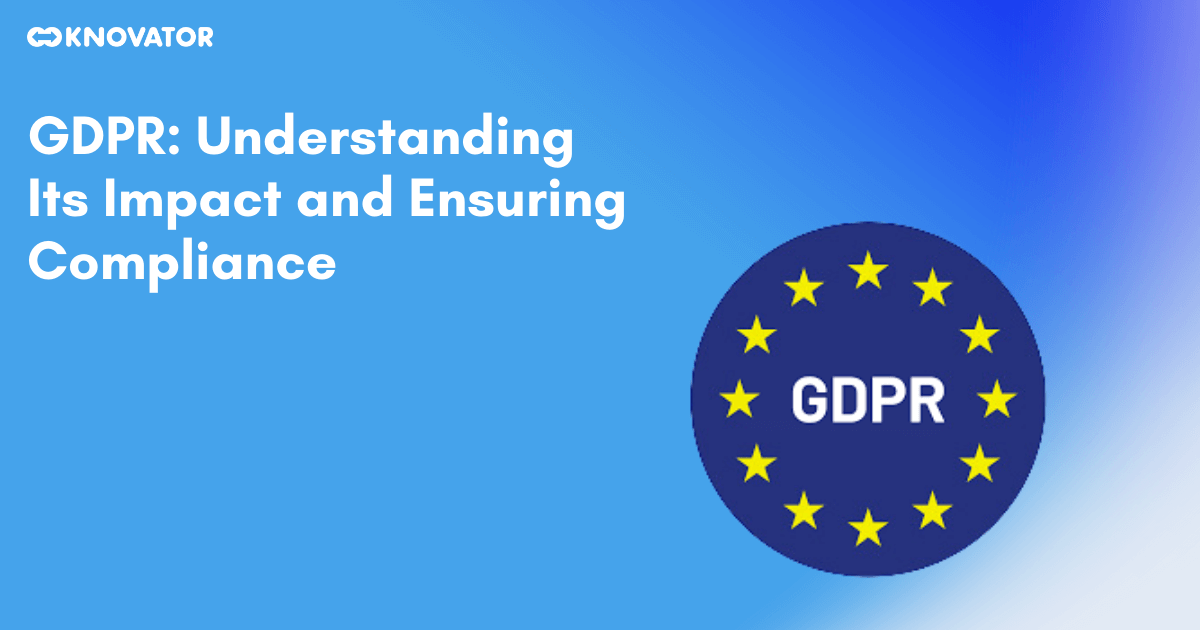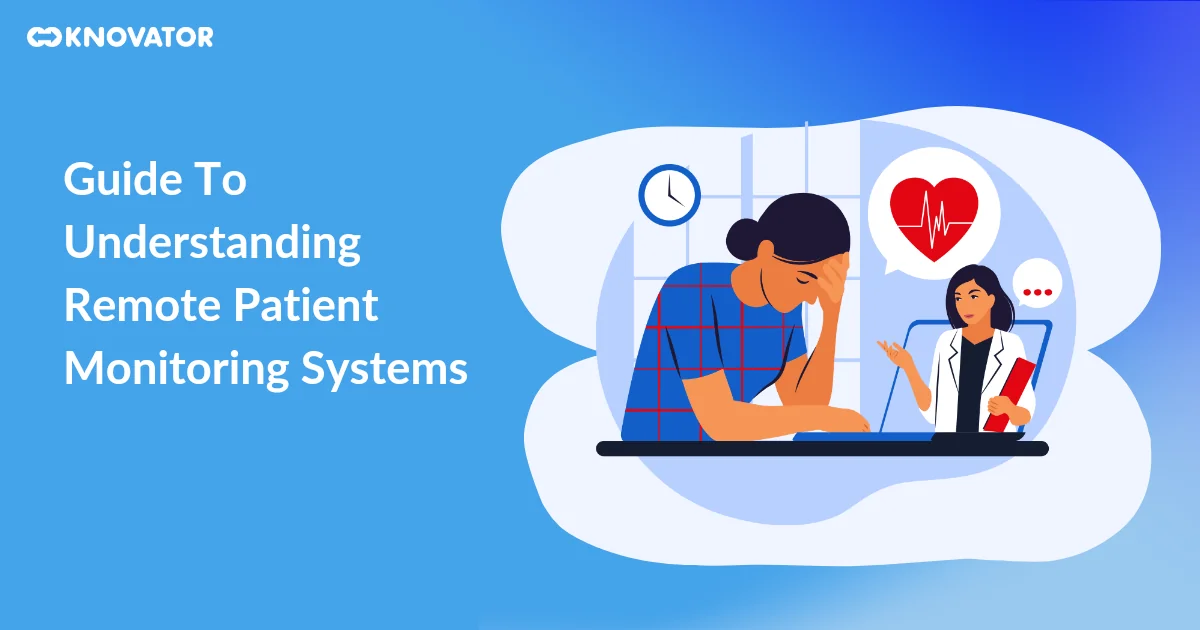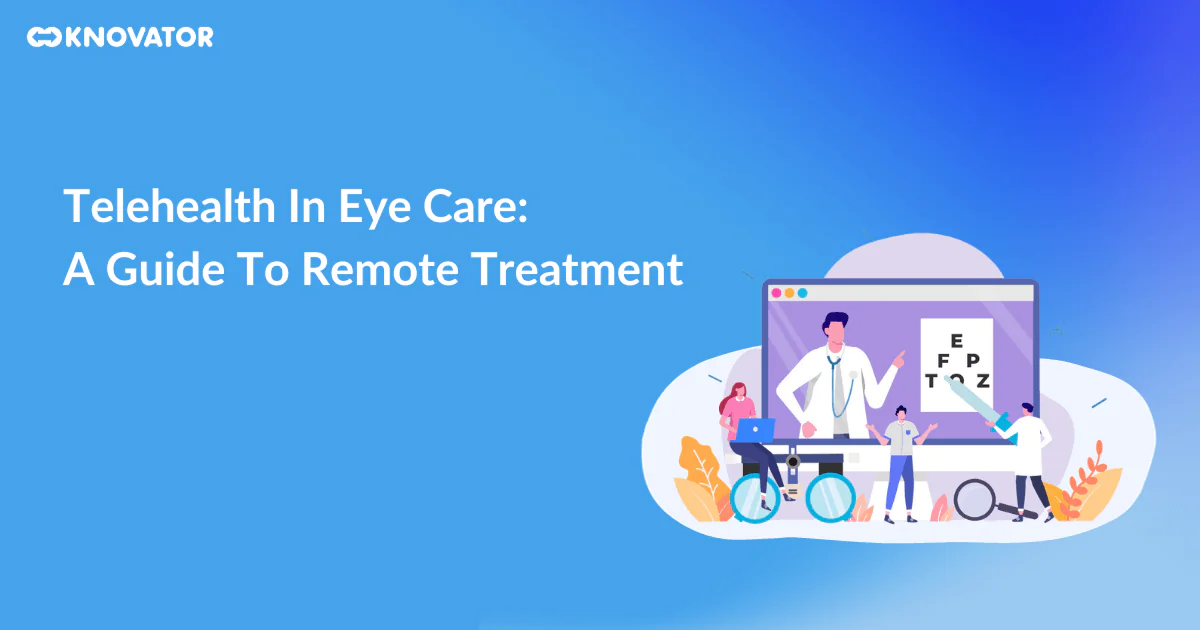Welcome! Today we’re diving deep into a game-changing law – the General Data Protection Regulation (GDPR). It’s significantly affected businesses worldwide, reshaping how they handle personal data.
Stick around to learn more about it and ensure your business is fully compliant.
What is GDPR?
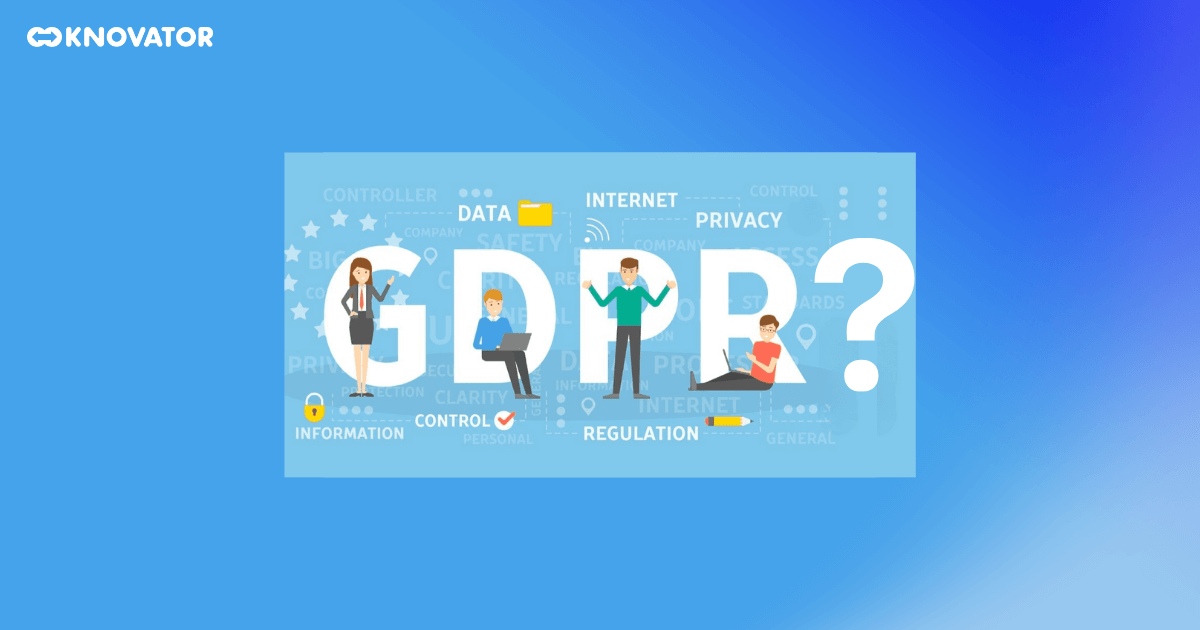 So, let’s tackle the big question first: What is GDPR? It stands for General Data Protection Regulation. GDPR is a groundbreaking law from the European Union. Taking effect from May 25, 2018, it has become the golden standard for data protection worldwide.
So, let’s tackle the big question first: What is GDPR? It stands for General Data Protection Regulation. GDPR is a groundbreaking law from the European Union. Taking effect from May 25, 2018, it has become the golden standard for data protection worldwide.
The primary aim of the GDPR is to guard the privacy and personal data of EU and EEA citizens. It does so by handing data control back to the individuals, making them the rightful owner of their information. Simply put, it is about respecting people’s privacy and ensuring transparency in how personal data is handled.
Under GDPR, the term ‘personal data’ receives an expansive definition. Personal data refers to any information that can identify a person, directly or indirectly. It can be a person’s name, a photo, an email address, bank details, social media posts, medical information to an IP address. Even an individual’s physical, physiological, genetic, mental, economic, cultural, or social identity forms part of personal data under GDPR.
What’s crucial to note here is that GDPR does not limit itself to businesses based in the EU or EEA. If your business processes the personal data of EU citizens or residents, regardless of its location, GDPR applies to you. This means businesses around the globe operating in B2B or B2C sectors need to comply with the GDPR if they collect, store, process, or manage EU citizens’ data in any way.
Non-compliance with GDPR can lead to heavy penalties. Businesses can face fines of up to 20 million Euros or 4% of their annual global turnover, whichever is higher. These hefty fines demonstrate the gravity of the regulation, underlining the need for businesses to take their data protection responsibilities seriously.
The 8 Basic Rights Under GDPR
 The General Data Protection Regulation enshrines eight fundamental rights to empower individuals over their data. Here, we will explore each right and its meaning for individuals and businesses.
The General Data Protection Regulation enshrines eight fundamental rights to empower individuals over their data. Here, we will explore each right and its meaning for individuals and businesses.
- The Right to be Informed: This right is about transparency. Individuals have the right to know how their data is being used, who it is being shared with, and how long it will be stored. It means being clear and open about your data processing activities for businesses.
- The Right of Access: Under this right, individuals can ask for their personal data’s copy held by an organization. This allows people to confirm that their data is being processed lawfully. Companies should have procedures in place to handle such access requests.
- The Right to Rectification: If the personal data held is incorrect or incomplete, individuals have the right to rectify it. Organizations should ensure they have systems that allow for data rectification.
- The Right to Erasure, also known as the Right to be Forgotten: In certain circumstances, individuals can request their personal data to be deleted. Situations may include when the data is no longer necessary for its original purpose or if the individual withdraws their consent.
- The Right to Restrict Processing: This allows individuals to limit how an organization uses their personal data. It’s an alternative to requesting the erasure of data and might apply when the individual contests the accuracy of their data or if they have objected to the processing.
- The Right to Data Portability: This enables individuals to obtain and reuse their personal data for different services. They can move, copy, or transfer their data easily and securely from one IT environment to another.
- The Right to Object: Individuals have the right to object to processing their personal data in some situations, such as for direct marketing purposes or for research and statistics.
- Rights concerned with automated decision-making and profiling: GDPR protects individuals from a decision made without any human intervention. This right applies if the decision has legal effects or similarly significantly affects the individual.
Each of these rights brings specific obligations for businesses. Organizations need to ensure they have the right procedures and policies in place to respect these rights and respond appropriately to individual requests.
Business Implications of GDPR
GDPR has significantly impacted every business managing EU citizens’ data. Organizations must incorporate ‘privacy by design’ into their data systems. This means including data protection from the beginning of system design rather than as an addition. It encourages businesses to implement data-minimizing techniques, pseudonymization, and encryption.
With GDPR, businesses also need to designate a Data Protection Officer (DPO) if they are a public authority or body or if they carry out specific types of data processing activities. The DPO is critical in advising the business about compliance with GDPR and is the primary point of contact for supervisory authorities.
Furthermore, businesses must ensure transparency in their data processing activities. When collecting personal data, they must clearly inform individuals about who they are, what they will do with their data, who will receive it, and how long it will be stored. All this information must be provided in an easily accessible and understandable manner.
GDPR also mandates that businesses acquire explicit consent from individuals before processing their data. This means that the individual has a real choice and control over how their data is used.
A major aspect of GDPR is the hefty fines for non-compliance. Breaches of some provisions by businesses, which formerly would have led to modest sanctions, can now lead to fines of 20 million euros or 4% of annual global turnover, highlighting the seriousness of non-compliance.
Impact of GDPR on Customer Engagement
 Customer engagement has also significantly shifted due to GDPR. The regulation has driven businesses to engage with customers more transparently, especially regarding how their data is used. Companies now need to explicitly communicate their data processing activities in an easily understandable manner.
Customer engagement has also significantly shifted due to GDPR. The regulation has driven businesses to engage with customers more transparently, especially regarding how their data is used. Companies now need to explicitly communicate their data processing activities in an easily understandable manner.
Stricter consent requirements mean businesses must acquire explicit, informed consent before processing customer data. Pre-ticked boxes or any form of default consent is no longer valid. This has encouraged companies to be more innovative and engaging in obtaining customer consent.
From a marketing perspective, these changes may seem daunting initially. Still, they allow businesses to build stronger, trustworthy customer relationships. Businesses can enhance their brand reputation and customer loyalty with increased transparency and respect for customer data.
Also, by asking for consent, companies can ensure that the individuals who opt in are genuinely interested in their business or service. This can improve the quality of customer interactions and increase customer engagement and conversion rates.
Preparations for GDPR Compliance
 While GDPR compliance might seem like a mammoth task, several steps can help businesses meet their obligations.
While GDPR compliance might seem like a mammoth task, several steps can help businesses meet their obligations.
- Understanding the law: The first step is to understand what GDPR is, how it applies to your business, and the consequences of non-compliance. Businesses should familiarize themselves with the rights of individuals under GDPR and the principles of data processing.
- Data mapping: This involves identifying what personal data your business holds, where it comes from, how it is processed, and who it is shared with. This way it is possible to identify any potential risks and work on reducing them.
- Data cleaning: This includes deleting any unnecessary or outdated data, ensuring that the remaining data is accurate, and keeping it secure. This will ensure that you only process the data that you need.
- Implementing security measures: GDPR requires businesses to implement technical and organizational measures for data security. This may include encryption, pseudonymization, access controls, and security testing.
- Reviewing documentation: Your privacy notices and consent forms may need to be updated to comply with GDPR. They should be written in clear, simple language and provide all the necessary information.
- Establishing data handling procedures: Businesses should have procedures in place to respond to requests from individuals exercising their rights under GDPR, such as access or deletion requests.
- Training staff: All employees should receive training on GDPR and understand their responsibilities when handling personal data.
- Regular audits: Regular audits can help ensure ongoing compliance and identify any areas that need improvement.
GDPR compliance isn’t just about avoiding penalties—it can also offer several business benefits. By demonstrating your commitment to data protection, you can enhance your business reputation, build stronger relationships with customers, and gain a competitive advantage.
Case Studies of GDPR Non-Compliance
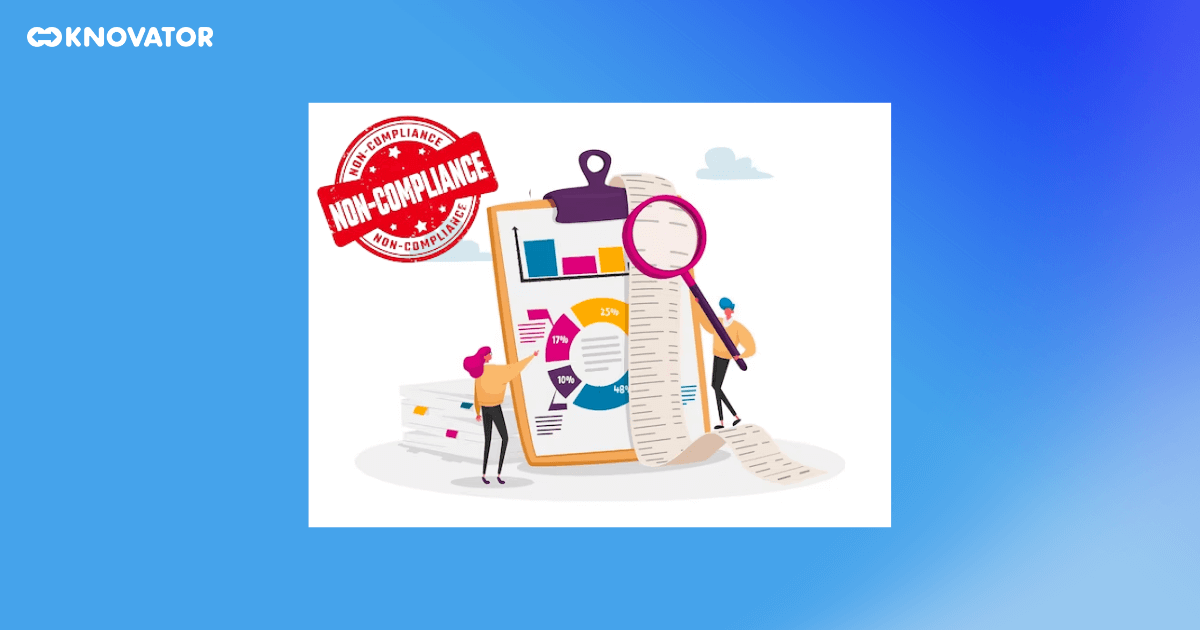 Understanding the consequences of GDPR non-compliance is made simpler when looking at real-world examples. High-profile cases like British Airways and Marriott International highlight the significant violations penalties.
Understanding the consequences of GDPR non-compliance is made simpler when looking at real-world examples. High-profile cases like British Airways and Marriott International highlight the significant violations penalties.
British Airways
In 2019, British Airways faced a record-breaking fine of £183m after a breach compromised the personal data of around 500,000 customers. Hackers diverted user traffic to a fraudulent website that harvested customer details, leading to unauthorized access to personal data such as names, addresses, and bank card information.
Marriott International
Marriott International, the hotel giant, also faced a substantial £99m fine after a cyber-attack exposed the data of approximately 339 million guests. The breach remained undetected for four years, and the exposed data included names, phone numbers, email addresses, passport numbers, and arrival/departure information.
These case studies underscore the severe penalties for GDPR non-compliance and the importance of robust data security measures. It’s also noteworthy that these breaches not only led to financial losses but also damaged the reputations of these businesses, undermining customer trust.
GDPR and Marketing Practices
 GDPR has also profoundly affected marketing practices, especially those concerning data collection and communication. Businesses must now ensure that all data collected is necessary and explicit consent has been given. This means marketers can no longer add emails to their lists without the individual’s knowledge and explicit consent.
GDPR has also profoundly affected marketing practices, especially those concerning data collection and communication. Businesses must now ensure that all data collected is necessary and explicit consent has been given. This means marketers can no longer add emails to their lists without the individual’s knowledge and explicit consent.
One crucial area impacted is email marketing. As you already read, the days of pre-ticked boxes and implied consent are gone. Now, businesses must keep clear records of how and when an individual consented to process their data. Individuals must also be able to withdraw their consent at any time easily.
Furthermore, GDPR has changed how businesses approach cookies and online tracking. Businesses must give site visitors clear, specific information about how cookies are used and obtain their consent before setting any non-essential cookies. This has led to more transparent cookie policies and the common use of cookie banners on websites.
While these changes may require adjustments in marketing strategies, they also offer opportunities. For example, they can lead to more refined, high-quality mailing lists and better engagement rates since those on the list have chosen to be there. Additionally, transparency can foster trust and loyalty among customers.
GDPR and Privacy by Design
 Privacy by design, a cornerstone of GDPR, means that businesses must consider privacy at the initial design stages and throughout the development of new products, processes, or services where personal data is processed.
Privacy by design, a cornerstone of GDPR, means that businesses must consider privacy at the initial design stages and throughout the development of new products, processes, or services where personal data is processed.
It involves integrating data protection into a system’s core functionality rather than taking it on as an afterthought. This could include minimizing data collection and retention and anonymizing data wherever possible.
It also extends beyond technical measures to encompass the entire data management lifecycle, from the initial collection and processing to eventual deletion. For instance, access to data should be limited to only those who need it for their job, and privacy impact assessments should be carried out for high-risk processing activities.
Adopting a privacy by design approach has several benefits. It can help businesses comply with their GDPR obligations, prevent privacy breaches, and foster customer trust. It can also result in more efficient and effective data practices, reducing the costs and risks associated with unnecessary data retention and security breaches.
Start Grabbing The Opportunities Presented by GDPR
While GDPR presents challenges, it also offers opportunities. It encourages businesses to rethink their approach to data and can help them to build more trusting and transparent relationships with their customers.
The stringent regulations have made consumers more aware of their data rights, and businesses that respect these rights stand to benefit. In an era where data breaches are common, GDPR compliance can differentiate a business and enhance its reputation.
Moreover, the push for explicit consent can result in higher-quality marketing lists, while emphasizing transparency can lead to more engaged and loyal customers. And by driving businesses to adopt best practices for data management, GDPR can help them to avoid the reputational damage and financial losses associated with data breaches.
Overall, GDPR is more than just a compliance exercise; it’s a chance to improve how businesses handle personal data. It provides an opportunity to build a culture of privacy that enhances customer trust and loyalty, ultimately fostering a competitive advantage. Embracing GDPR can empower businesses to turn a challenging regulation into a powerful tool for success.

